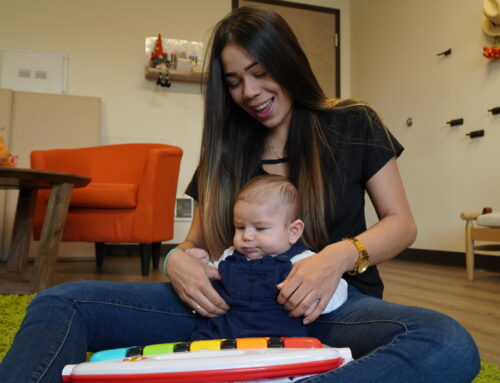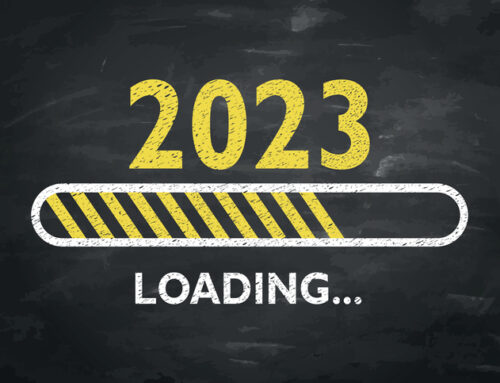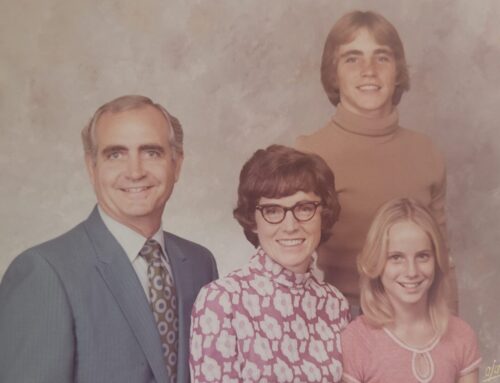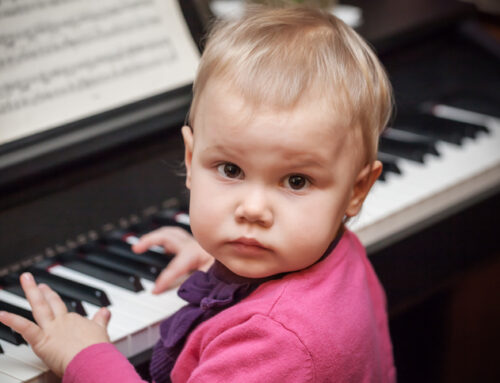and Do-Re-Mi
are NOT the very beginning.
This was a super cute idea for a movie song in the 60’s, and it’s long been believed that these were the first things to learn when teaching Music, AND Reading!
There are a few important reasons why this is not true.
- Listening, speaking, and communicating are the first steps toward reading.
- Listening, singing, and experimenting musically are the first steps toward learning music.
- Reading and writing are only two aspects of spoken language, and the same is true with music.
- Music and language are intuitive and creative. It’s only later that we start to store them in the logical part of the brain.
- If you learn the ABC’s of music first, you will naturally think that way first, and it will slow your progress.
The first things to learn when you want to learn to read, are how to listen, how to speak, and how to communicate. Without these foundational concepts, reading would have no value. The same is true with learning music! The ups and downs, longs and shorts (or rhythm) quiet and loud, and how you feel as you create your own patterns all come before learning the letter names of the notes or piano keys.
Reading and writing are great ways to communicate from one person to another what to say, play or sing. But what if you could only say things that you’d read from a book? How would you be able to formulate your own ideas or speak your own mind? Playing music is no different. If you’re only taught to read the notes on the page, it’s difficult to break away from that and play by ear, or to create your own musical ideas. When you learn first to listen, then to experiment, and finally how to read and write, you can do anything you want with music. Including playing by ear, composing your own music, making variations to the pieces or songs that you learn, in addition to playing music written by other people. You’re able to express your own musical ideas, and that’s SO FUN!
Expressing your own ideas through spoken language or music is part of being human. Creating something new means you have made an impact on the world. It helps you to feel your own sense of worth and value – especially when you have someone who will kindly and patiently listen to you. After you’ve practiced doing this a lot, then you can start to consider other ideas through reading and then share yours through writing.
Traditionally we’ve started music lessons with ABC and Do-Re-Mi, but think about it. How many people do you know who have actually stuck with music lessons? If you don’t have musical context already implanted in your being, these things can be super confusing.
Here’s what happens to people who learn the letters first:
- They get stuck at a certain level of proficiency and never progress beyond that.
- These students end up thinking they’re just not that good at music
- They overcome the challenge through a lot of struggle and expert training, and become proficient at music.
- This often happens at the college level, for people who make it that far.
- They quit.
- This is what happens to the vast majority of people who take traditional music lessons.
- They think it’s them, when really it’s just the method they were taught.
The logical part of the brain is too slow to process all of the moving parts of music at once. It needs to be stored first in the intuitive, creative, fast part of the brain. When you learn all of this first, and THEN attach letter names to the notes, your brain automatically thinks intuitively first and then cognitively. This is a recipe for success.


